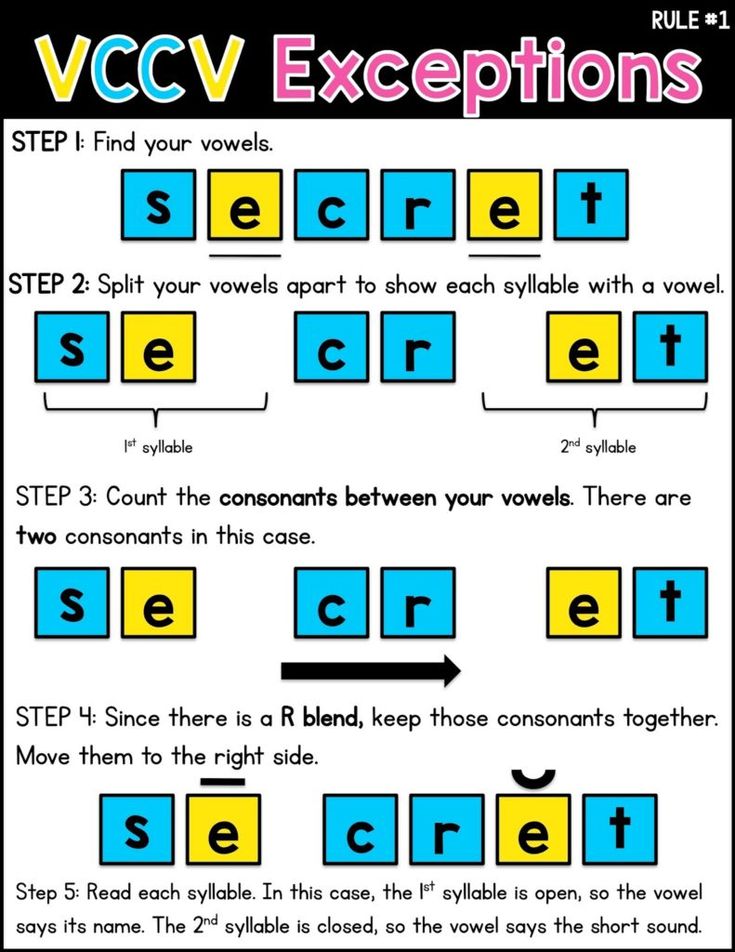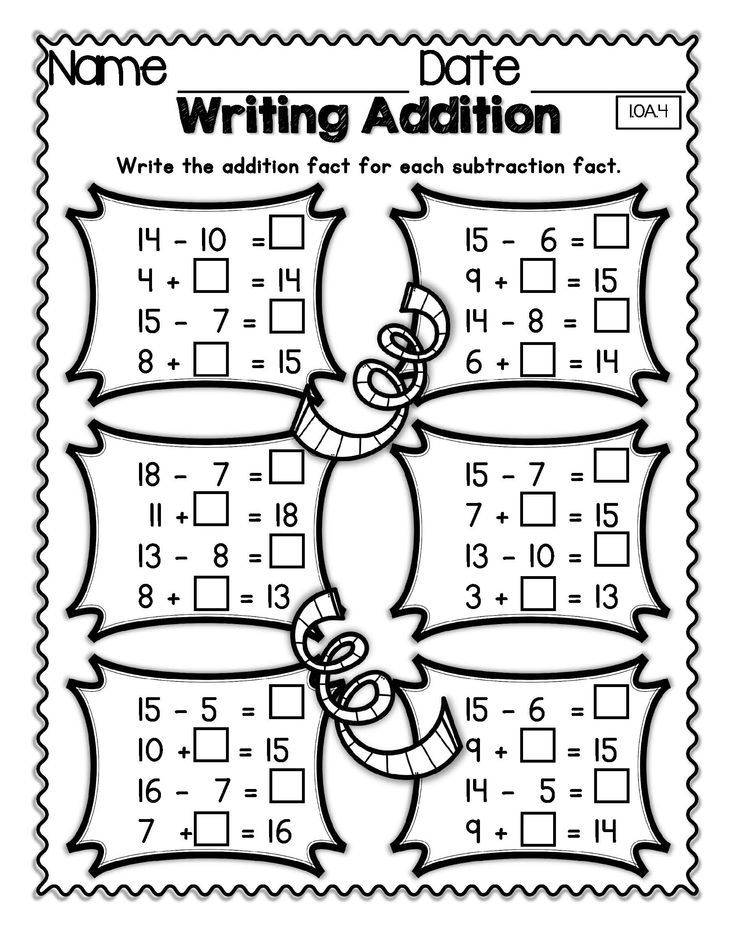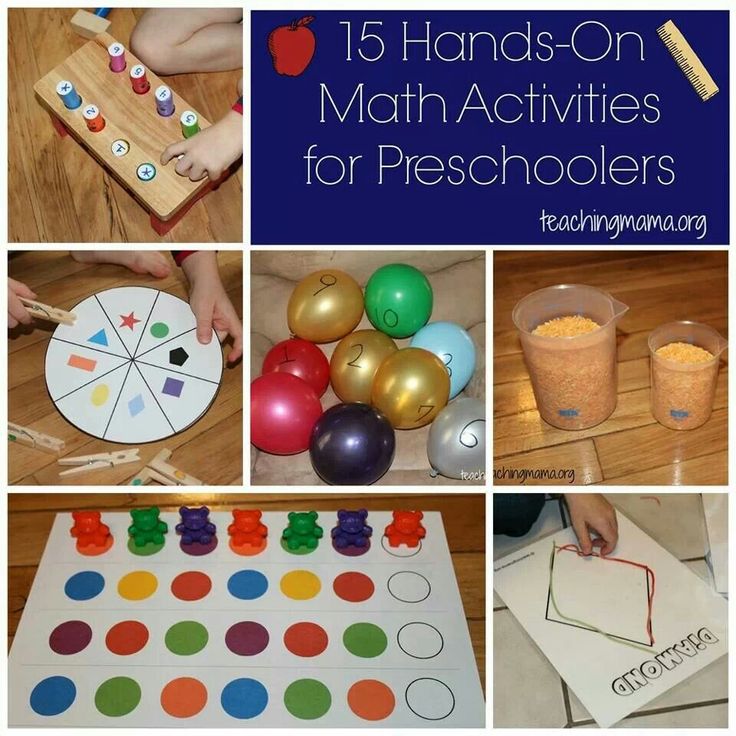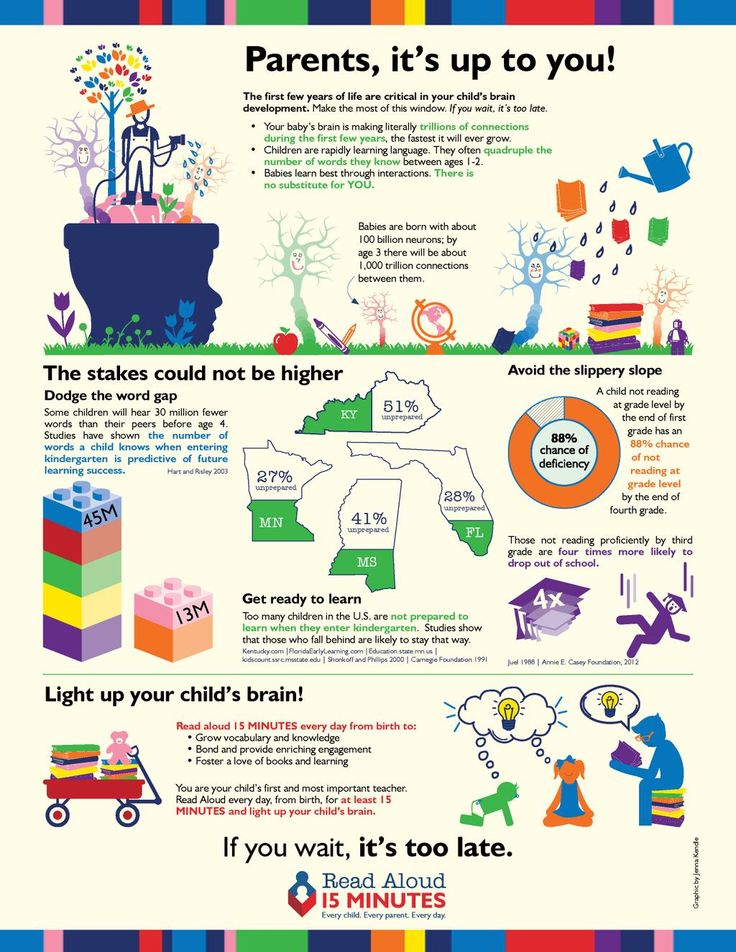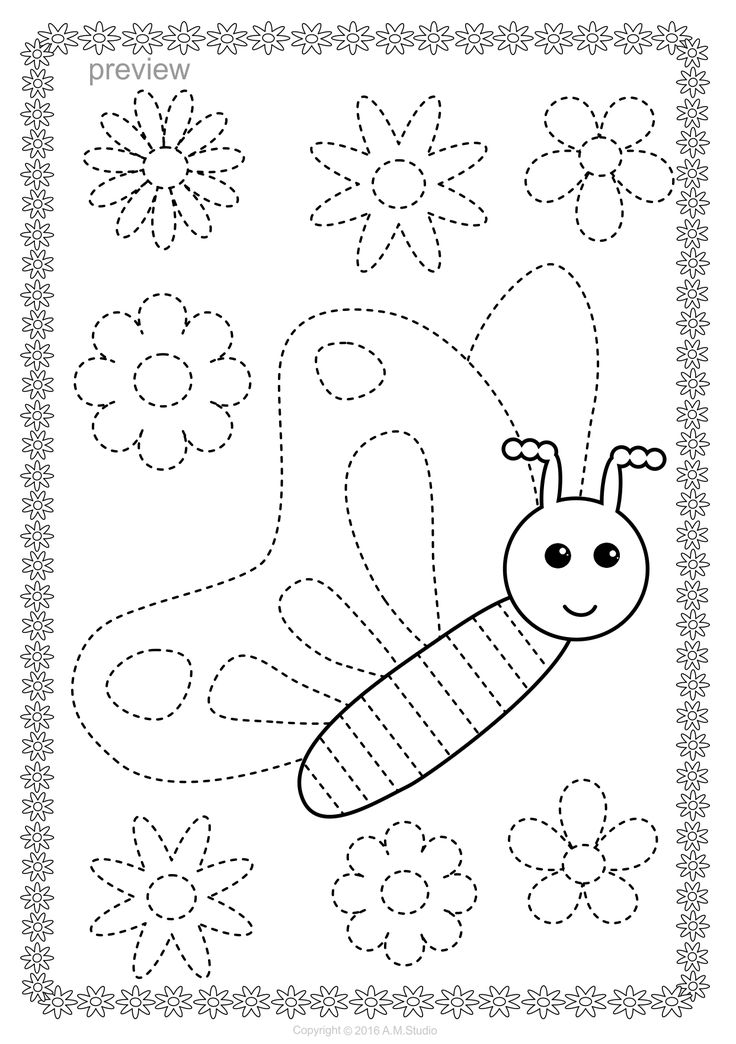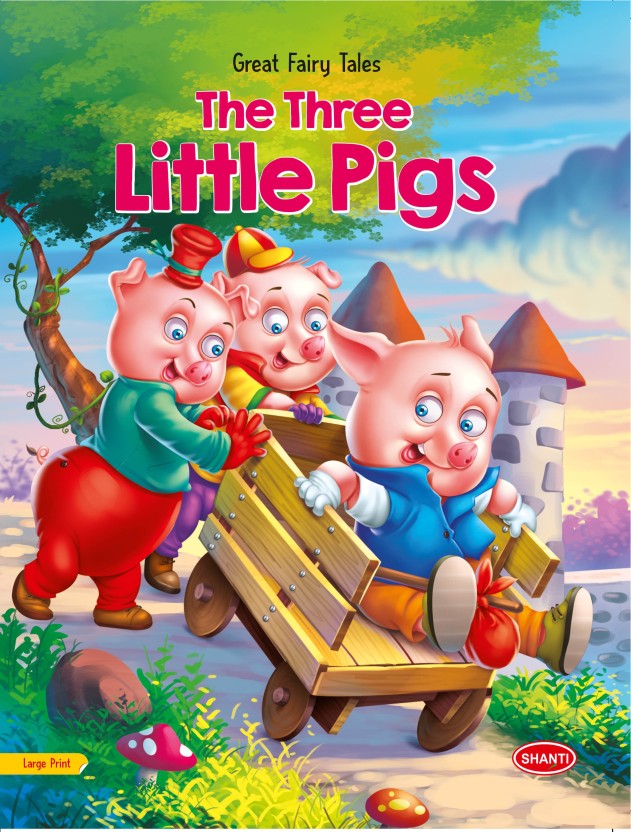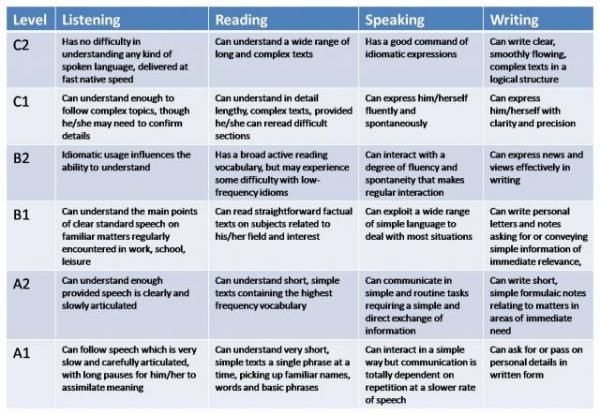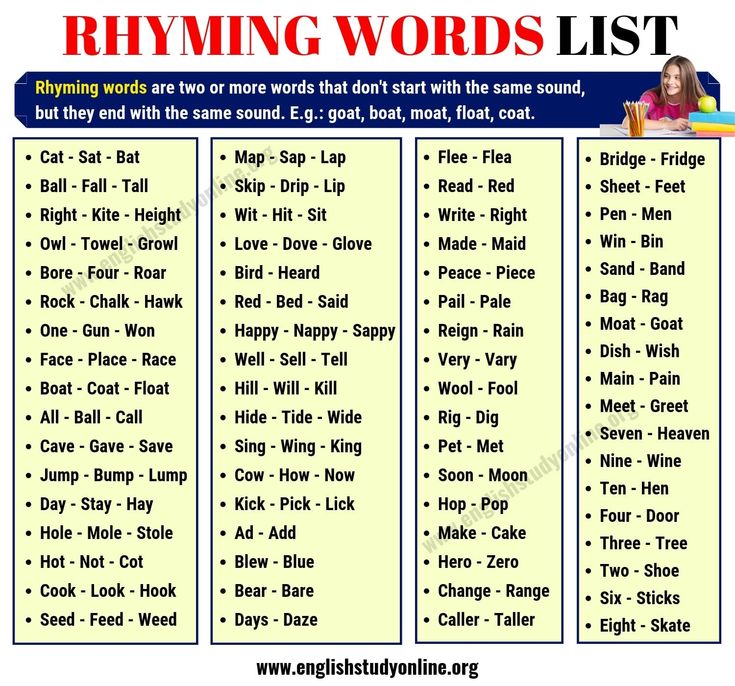Syllables in always
» Open and closed syllables
81 Replies
The first syllables in words like “atom”, “centre”, “filter”, “shopping”, “rubbish” and “pullet” contain a “short” vowel, which must be followed by a consonant in English. These are sometimes called “closed” syllables.
The first syllables in words like “paper”, “being” “final”, “hoping”, “brutal” and “future” end with a “long” vowel, and are sometimes called “open” syllables.
Tackling one syllable at a timeWhen learners start reading and spelling multi-syllable words, it’s useful to get them to practice reading and writing words which contrast “closed” and “open” syllables.
In my Workbook 7 and Workbook 8, I break multisyllable words up using little dots, so that learners get to practice writing lots of different syllable types in multisyllable words before they have to figure out where the syllable boundaries are for themselves.
However, most of the students I work with are being encouraged to tackle long words at school well before they get up to my Workbook 7, so I’ve started introducing some input on tackling long words earlier, when they are studying vowel spellings in Workbooks 4 and 5.
We start off with compound words made out of words they can already spell, like “catfish”, “suntan”, “dishcloth”, “himself” and “uphill”.
This gets learners in the habit of stopping at the end of each syllable to blend, before proceeding on to the next syllable, and then putting the two syllables together. In compound words, both syllables are usually stressed and said as they are written – there are no complications from unstressed vowels/weak syllables.
Next, I ask learners to break up words that look similar, but some have a “closed” first syllable, and others have an “open first syllable e.g. “never” (nev-er) and “fever” (fe-ver).
The first step is to say each word one syllable at a time.
Many kids start clapping as soon as you mention the word “syllable”, and this can sometimes be helpful, but sometimes takes their attention away from what’s happening in their mouths. Anyway we together decide what each spoken syllable is, and if there is an unstressed vowel in the word (like the “er” in “butter” or the “ar” in “dollar”) I ask learners to pronounce it as it is spelt.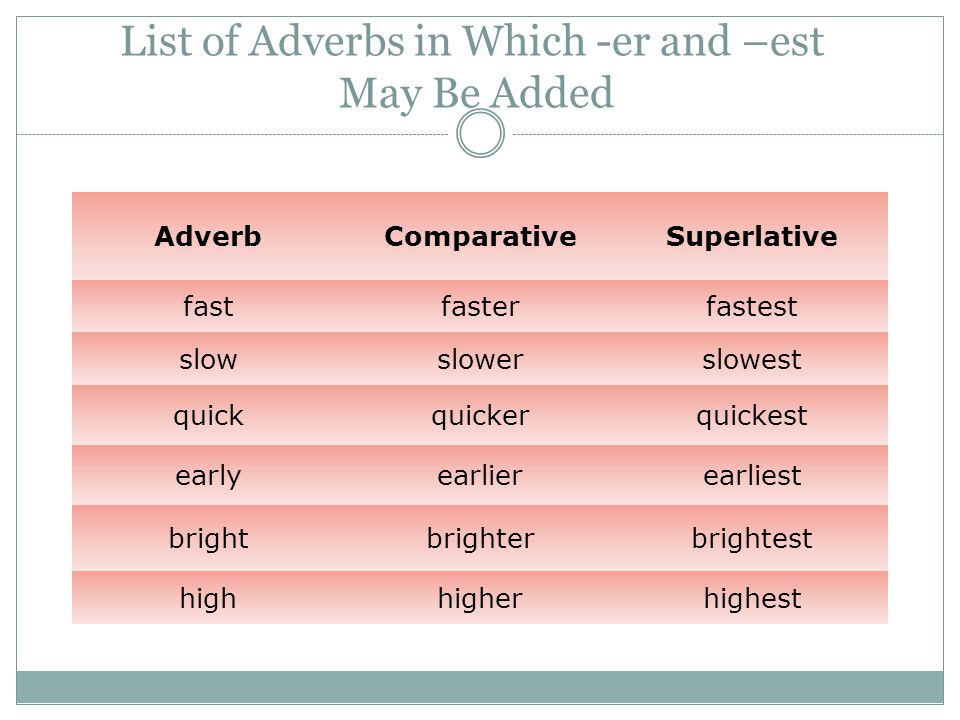
Sometimes it’s useful to give learners each word written on a little slip of paper, and ask them to cut it in half between the syllables, then copy the two syllables with a space between them.
This helps learners to eyeball each syllable in turn, and say it very crisply, eliminating the blurriness that too often seems to happen in word middles.
Alternatively, I ask learners to assemble each word in two chunks using my movable alphabet (I provide the necessary spellings), then copy it, then write it themselves, saying each syllable as they write.
In general terms, this is how multi-syllable words are tackled in the excellent Sounds Write program, but I use my movable alphabet instead of a post-it note for each grapheme, for what could variously be called recycling or stinginess reasons. I just use a post-it note when I need a spelling that’s not in my alphabet, like the ‘”ti” in “motion” or the “sc” in “science”.
Open and closed first syllable wordlistHere’s a list of words which contrast initial open and closed syllables.
Sometimes there are a couple of ways a word can be segmented. I know there aren’t really two “n” sounds in “dinner” but when spelling it, I like to break up the doubled “n” and get learners to say “n” twice, to help them to remember to write both letters.
| letter | “closed” first syllable | “open” first syllable |
| a | admit (ad-mit) atom (at-om) backing (back-ing) bassoon (bass-oon or bas-soon) cabin (cab-in) canal (can-al) dragon (drag-on) fatwa (fat-wa) habit (hab-it) laptop (lap-top) navman (nav-man) radish (rad-ish) salad (sal-ad) salon (sal-on) travel (trav-el) | April (A-pril) apron (a-pron) bacon (ba-con) basin (ba-sin) capers (ca-pers) canine (ca-nine) draping (dra-ping) fatal (fa-tal) halo (ha-lo) label (la-bel) navel (na-vel) radar (ra-dar) saline (sa-line) stapler (sta-pler) tracing (tra-cing) |
| e | denim (den-im) despot (des-pot) fencing (fen-cing) fester (fes-ter) lemon (lem-on) level (lev-el) metal (met-al) never (nev-er) pedal (ped-al) seven (sev-en) remnant (rem-nant) render (ren-der) venom | demon (de-mon) detail (de-tail) female (fe-male) fever (fe-ver) lemur (le-mur) lever (le-ver) meter (me-ter) neon (ne-on) penal (pe-nal) secret (se-cret) remote (re-mote) renew (re-new) Venus (Ve-nus) |
| i | bistro (bis-tro or bist-ro) clinic (clin-ic) dinner (din-ner or dinn-er) driven (driv-en) given (giv-en) liver (liv-er) into (in-to) lintel (lin-tel) pivot tidbit (tid-bit) visit (vis-it) widow | bison (bi-son) climax (cli-max) dilute (di-lute) driver (dri-ver) giant (gi-ant) lifer (li-fer) idol (i-dol) liner (li-ner) pilot (pi-lot) tidal (ti-dal) vital (vi-tal) wider (wi-der) |
| o | boxer (box-er) colic (col-ic) comet (com-et) comic (com-ic) doctor (doc-tor) locker (lock-er) locket (lock-et) mobbing (mob-bing or mobb-ing) robin (rob-in) solid (sol-id) topic (top-ic) toxic (tox-ic) | bogan (bo-gan) colon (co-lon) cohort (co-hort) coma (co-ma) donor (do-nor) locate (lo-cate) locust (lo-cust) mobile (mo-bile) robot (ro-bot) solar (so-lar) topaz (to-paz) toner (to-ner) |
| u | cupful (cup-ful) crusher (crush-er) punish (pun-ish) rubbish (rub-bish or rubb-ish) stubborn (stub-born or stubb-orn) subtract (sub-tract) tumbler (tum-bler) tunnel (tun-nel or tunn-el) thunder (thun-der) unfit (un-fit) | cubic (cu-bic) crusade (cru-sade) pupil (pu-pil) ruler (ru-ler) stupid (stu-pid) super (su-per) tulip (tu-lip) tuner (tu-ner) tutor (tu-tor) unit (u-nit) |
Of course I vary the wordlist depending on the age and likely vocabulary of the learner.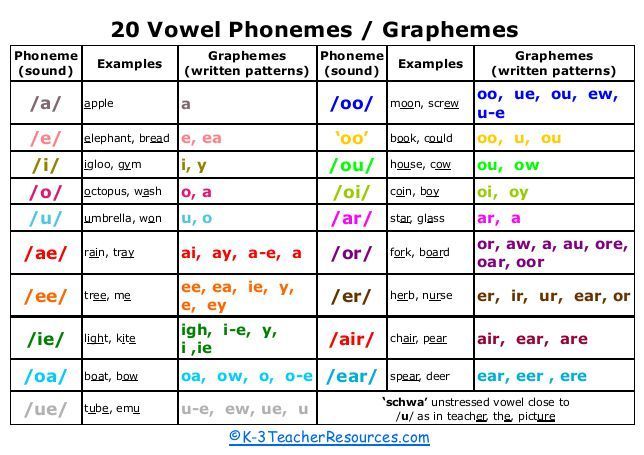 I wouldn’t use a word like “fatwa” with a young child, or a word like “navman” with a learner who knew nothing about in-car GPS systems.
I wouldn’t use a word like “fatwa” with a young child, or a word like “navman” with a learner who knew nothing about in-car GPS systems.
I hope you’ll find this list useful in teaching learners how to break words up into syllables, and would welcome any feedback on it.
English lesson: Syllable Stress
| ES | Escuchar esta lección |
|
Now that we have reviewed the various sounds of English, we must discuss syllable and word stress or another way to put it, the rhythm of English. It is important to keep in mind that English is a time-stressed language. As opposed to Spanish, which is a syllable-timed language in which an equal amount of time is given to each syllable, English adjusts the timing of stressed and unstressed syllables and words. In English, some syllables are longer and some shorter. By stressing certain syllables and words, we can better understand the meaning of the word or sentence.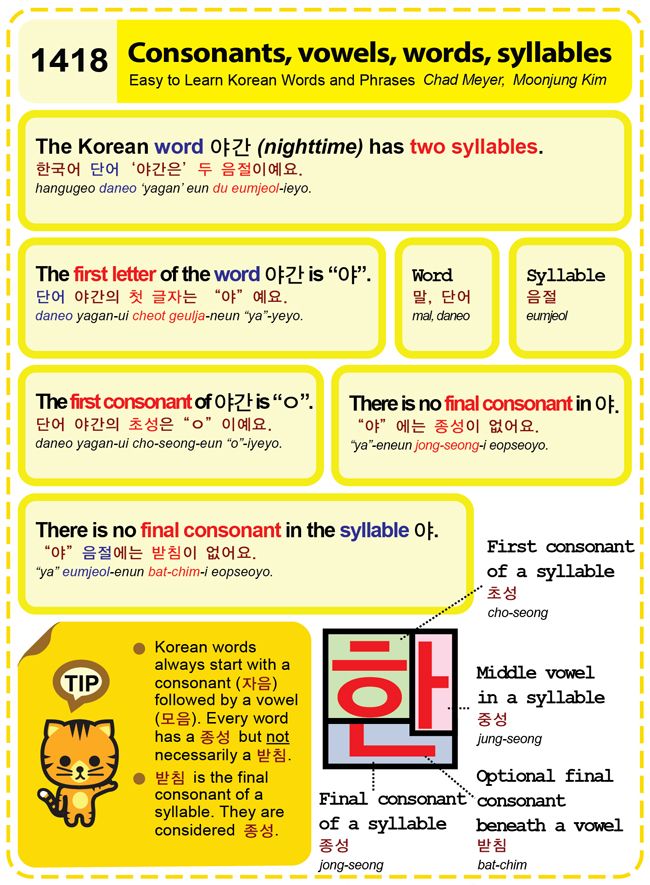 Understanding time stress and intonation in English will help the learner both better understand English and be better understood.
Understanding time stress and intonation in English will help the learner both better understand English and be better understood.
Words are made up of syllables. Syllables are units of sound which almost always have, with few exceptions, at least one vowel sound. In words of two or more syllables, one syllable is stressed while the others are said quickly and without emphasis.
The only fixed rules for syllable stress are: 1) words can only have one stress and 2) the stress is always on a vowel.
Interestingly, related words can have different syllable stresses (PHOto, phoTOgrapher, photoGRAPHic) and the stress pattern of homographs change their meaning (see note below). For the moment, what’s important is to understand what we mean by syllable stress and to recognize the different syllable stress patterns in English.
Note: Some dictionaries indicate the stressed syllable of a word with an apostrophe (’) either before or after the stressed syllable.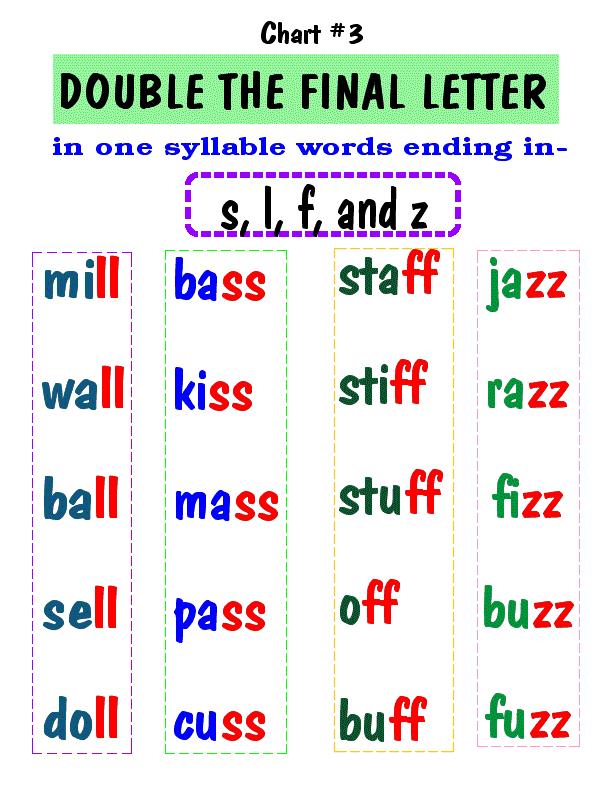 In the examples below, the apostrophe is located before the stressed syllable.
In the examples below, the apostrophe is located before the stressed syllable.
One Syllable: Stressed
One syllable words logically have the stress on the one syllable.
Examples:
| PAY/’peɪ/ |
| DRIVE/’draɪv/ |
| GOOD/’gʊd/ |
Two Syllables: 1st Syllable Stressed
In most two syllable nouns and adjectives, the first syllable is generally stressed.
Examples:
| SWIMming/’swɪmɪη/ |
| APple/’æpəl/ |
| HAPpy/’hæpi/ |
| LITtle/’lɪtl/ |
Two Syllables: 2nd Syllable Stressed
Two syllable verbs are normally stressed on the second syllable.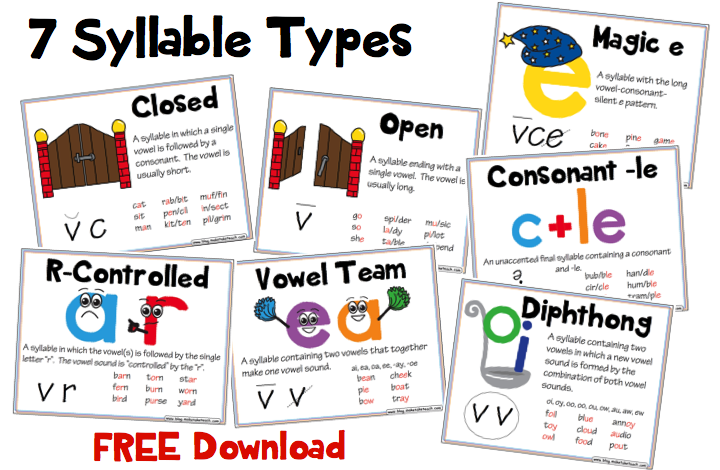
Examples:
| beGIN/bɪ’gɪn/ |
| deSERVE/dɪ’zɜ:rv/ |
| aGREE/ə’gri/ |
Note: Understanding syllable stress is important not only for pronunciation, but also for comprehension because placing the stress on different syllables can change the meaning of a word (homographs). There are many two syllable words whose meaning can change depending on which syllable is stressed. For example, when the stress is on the second syllable of the word “desert” (deSERT), it is a verb meaning to abandon. On the other hand, if we change the stress to the first syllable (DEsert), it is a noun which means an arid place.
Examples:
| DEsert/’dezərt/ (noun) |
| deSERT/dɪ’zɜ:rt/ (verb) |
| CONtract/’kɑ:ntrækt/ (noun) |
| conTRACT/kən’trækt/ (verb) |
| OBject/’ɑ:bʤɪkt/ (noun) |
| obJECT/əb’ʤekt/ (verb) |
Three Syllables: 1st Syllable Stressed
Most three syllable words (nouns, adjectives or verbs) are stressed on the first syllable.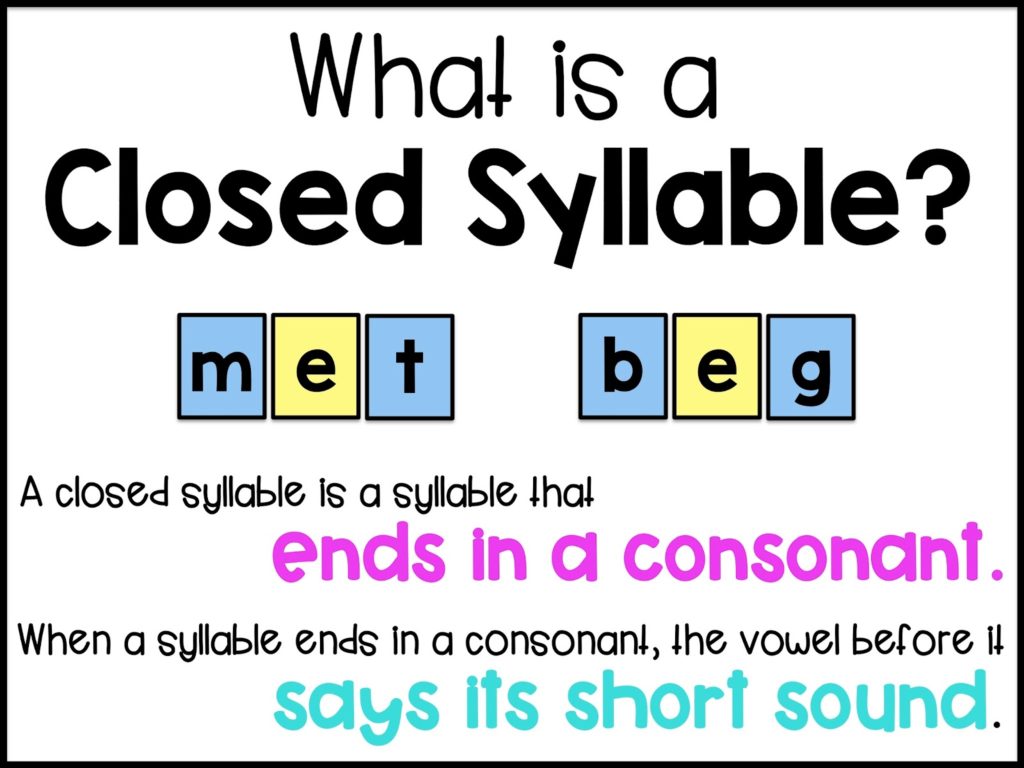 Three syllable words terminating with the “-er”, “-or”, “-ly” or “-y” are generally stressed on the first syllable.
Three syllable words terminating with the “-er”, “-or”, “-ly” or “-y” are generally stressed on the first syllable.
Examples:
| ENergy/’enərʤi/ |
| FInally/’faɪnli/ |
| HOSpital/’hɑ:spɪtl/ |
| BEAUtiful/’bju:təfəl/ |
| ORganize/’ɔ:rgənaɪz/ |
Three Syllables: 2nd Syllable Stressed
Words ending in “-tion”, “-sion”, “-ic” or “-al” among other suffixes, generally have the stress on the syllable found before these terminations.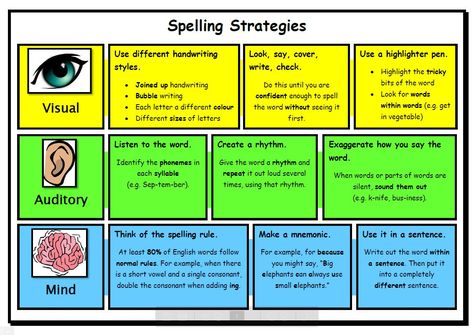 This is the case for both three and four syllable words.
This is the case for both three and four syllable words.
Examples:
| conSUMPtion/kən’sʌmpʃən/ |
| deNIal/dɪ’naɪəl/ |
| oFFENsive/ə’fensɪv/ |
Three Syllables: 3rd Syllable Stressed
Words with the following suffixes have the stress on the final syllable (the suffix): “-ee”, “-eer”, “-ese”, “-ette” or “-ique”.
Examples:
| refeREE/refə’ri:/ |
| engiNEER/enʤə’nɪr/ |
Four Syllables: 2nd Syllable Stressed
The stress in four syllable words is either on the second or third syllable.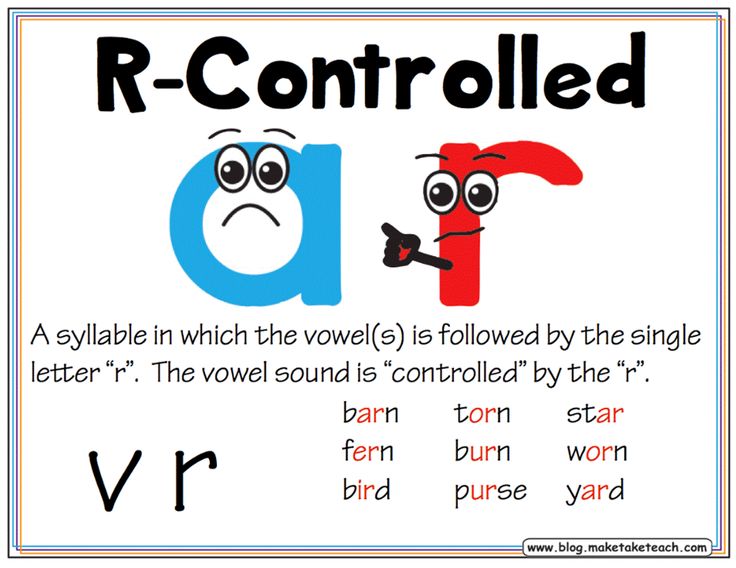 The second syllable is generally stressed if the word ends in “-cy”, “-ty”, “-phy”, “-gy” or “-al”.
The second syllable is generally stressed if the word ends in “-cy”, “-ty”, “-phy”, “-gy” or “-al”.
Examples:
| dePENdency/dɪ’pendənsi/ |
| psyCHIatry/sə’kaɪətri/ |
| eQUALity/ɪ’kwɑ:ləti/ |
Four Syllables: 3rd Syllable Stressed
Words ending in “-tion”, “-sion” or “-ic” generally have the stress on the syllable found before these terminations. As notes above, this is the case for both three and four syllable words.
Examples:
| poliTIcian/pɑ:lə’tɪʃən/ |
| eduCAtion/eʤə’keɪʃən/ |
| unreaLIStic/ʌnri:ə’lɪstɪk/ |
Compound Words
The stress in compound words depends on whether the word is a noun, adjective or verb.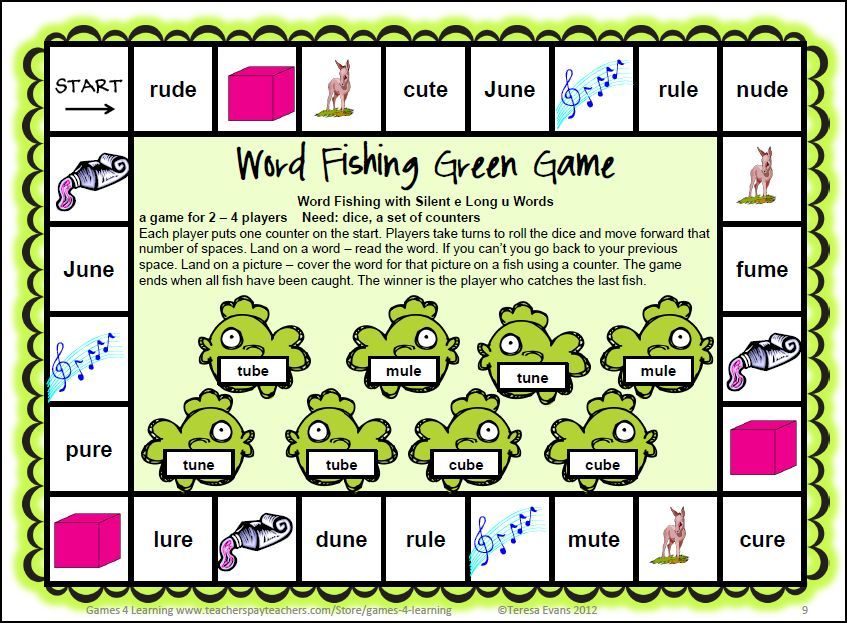 Compound nouns take the stress on the first word, adjectives and verbs on the second.
Compound nouns take the stress on the first word, adjectives and verbs on the second.
Examples:
Compound nouns
| AIRplane/’erpleɪn/ |
| TOOTHbrush/’tu:ɵbrʌʃ/ |
Compound adjectives
| old-FASHioned/əʊld ’fæʃənd/ |
| new AGE/nu: ’eɪʤ/ |
Compound verbs
| deTEST/dɪ’test/ |
| underSTAND/ʌndər’stænd/ |
Phrasal Verbs
Phrasal verbs always have the stress on the second word or the preposition. As we will see below, this is an exception to the rules for sentence stress, where the stress is generally on the principle verb.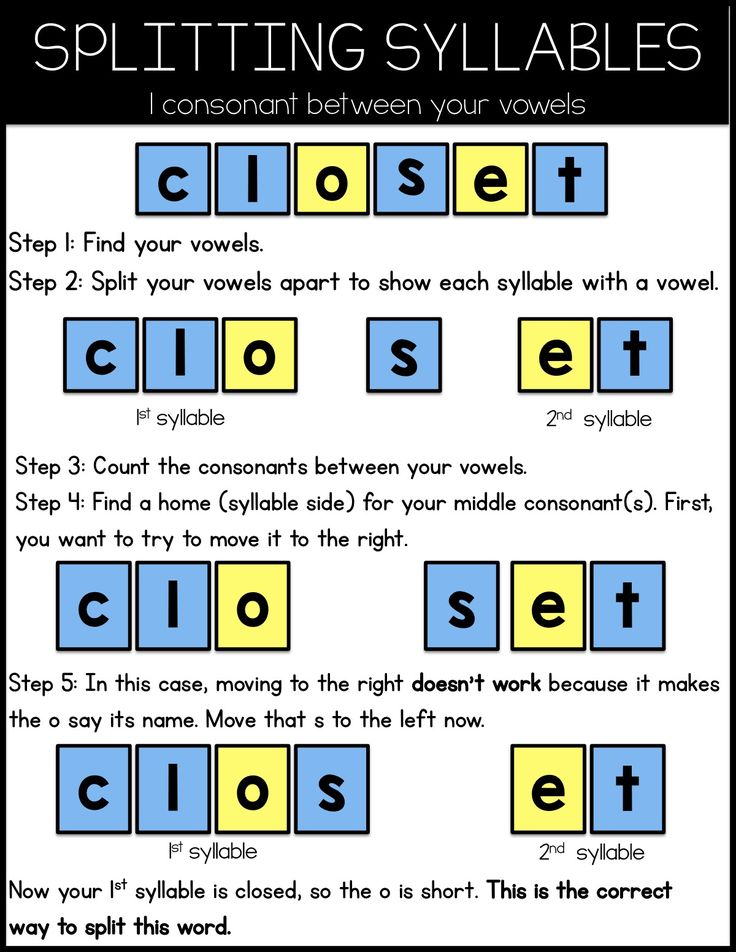
Examples:
| wake UP/weɪk ’ʌp/ |
| work OUT/wɜ:rk ’aʊt/ |
| get OFF/get ’ɔ:f/ |
Words "always" morphological and phonetic analysis
Explanation of the rules for dividing (breaking down) the word "always" into syllables for transfer.
The Soosle.ru online dictionary will help: to parse the word “ always ” phonetically and morphologically by composition, correctly divide into syllables according to the rules of the Russian language, highlight parts of the word, put stress, indicate the meaning, synonyms, antonyms and compatibility for the word “ always ".
Content:
- 1 Syllables in the word "always"
- 2 How to transfer the word "always"
- 3 Morphemic analysis of the word "always" in composition
- 4 Words "always" similar in morphemic structure
- 5 Synonyms of the word "always"
- 6 Antonyms of the word "always"
- 7 Stress in the word "always"
- 8 Phonetic transcription of the word "always"
- 9 Phonetic analysis of the word "always" into letters and sounds (Sound-letter)
- " nine0016
- 11 The meaning of the word "always"
- 12 How to spell the word "always"
Syllables in the word "always"
Number of syllables: 2 » can be divided into syllables in different ways. Variability is allowed, that is, all options are correct. For example, this:
Variability is allowed, that is, all options are correct. For example, this:
always
According to the program of the institute, syllables are distinguished on the basis of ascending sonority:
always
The types of syllables are listed below and the division is explained taking into account the program of the institute and schools with in-depth study of the Russian language.
g adjoins this syllable, and not the previous one, since it is not a sonorant (unpaired voiced consonant)
always yes
Morphemic analysis of the word “always” by composition
| always | root |
always
Words similar in morphemic structure "always"
Words similar in morphemic structure
Synonyms of the word “Always”
1. Forever
Forever
2. Forever
3. Feel again
4. Constantly
5. From ancient times
6. Forever
7. We forever
8. Foreign
9. forever
10. every hour
11. Invariably
12. Eternal
13. Originally
14. Iskoni
15. VSUS
16. Fighting
17. Allocated
18. Century
19. Continuously
20. All all Time
21. In general,
22. Every day
23. Private
24. Recreed
25. Until the end of the times
26. Eye -centuries
27. WHITE
28. At all times
29. anytime
30. At any time
31. Every hour
32. Closure
33. Chronically
34. Day and night
35. All year
36. All century
37. Permanent
9000 38 38 . day and night39. At all times
40. How the light costs
41. From century
42. For centuries
43. From time immemorial
From time immemorial
44. Spocation of centuries
45. Spocation to the century
46. originally
47. Now and
48. Until the end of the century
49. Until the end of centuries
50. Until Korokovin's Oxye
51. Until Greek calendies
52. All life
53. Until death
54. until death
55. until the grave
56. until the grave
57. until the grave
58. until the grave
59. until the last breath
60. until the last breath 9008 6008
62. forever
63. According to the coffin of life
64. Each time
65. Each time
66. All
67. From the age of centuries
68. Eternal eyelids
69. In any case,
70. Without ceasing
71. Now, and the ever and forever and centuries
72. While the heart is beaten
73. Unlucky
74. Passion
Antonyms “Always”
1. NEVER
2. Incidentally
Incidentally
stress in the word “ always"
always - stress falls on the 2nd syllable
Phonetic transcription of the word "always"
[fs'igda]
Phonetic analysis of the word "always" into letters and sounds (Sound-letter)
| Letter | Sound | Sound characteristics | Color |
|---|---|---|---|
| to | [f] | consonant, deaf double, hard, noisy | to |
| with | [s'] | nine0074 consonant, deaf double, soft, noisyfrom | |
| e | [and] | vowel, unstressed | e |
| g | [g] | consonant, voiced double, hard, noisy | g |
| d | [d] | consonant, voiced double, hard, noisy | d |
| a | [a] | vowel, stressed | a | nine0078
Number of letters and sounds:
Based on the analysis made, we conclude that the word has 6 letters and 6 sounds.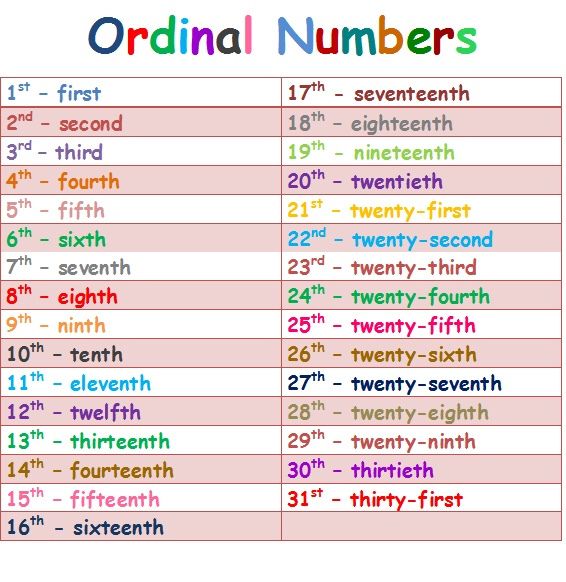
Letters: 2 vowels, 4 consonants.
Sounds: 2 vowels, 4 consonants.
Sentences with the word "always"
Again about oil, always about oil.
Source: Annie West, In the arms of a stranger.
Stepfather 's servants always searched for her and brought her home by force. nine0008
Source: Annie West, In the arms of a stranger.
He always was good at ignoring incidents that meant nothing.
Source: Annie West, In the arms of a stranger.
The meaning of the word "always"
ALWAYS, adv. Anytime, all the time. (Small academic dictionary, MAC)
How to spell the word "always"
Spelling of the word "always"
Spelling of the word "always"
The correct spelling of the word is always
The numbering of the letters in the word
The numbers of the letters in the word "always" in the forward and reverse order:
- 3 60 90 6
- 5
with
2 - 4
e
3 - 3
g
4 - 2
d
5 - 1
a
6
FEATURES OF THE CHINESE SYLLABLE STRUCTURE AS A CAUSE OF INTERFERENCE IN THE RUSSIAN SPEECH OF THE CHINESE | Hao
BBK 81. 00
00
UDC 81.24
I. Hao, R. S. Panova
I. Hao, R. Panova
Chelyabinsk, SUSU
Chelyabinsk, SUSU
Abstract: The article is devoted to the problems of interference in the speech of Chinese students studying Russian. The main structural elements of the Chinese syllable are considered: shēngmǔ — initial and yùnmǔ — final. The features of the syllable of the native language, which lead to errors in the written speech of Chinese students, are determined. nine0008
Keywords: interference; syllable; initial; final; structural elements of the syllable.
Abstract: The article deals with the problems of interference in the speech of Chinese students studying Russian. The basic structural element of the Chinese syllable: shēngmǔ - initials and yùnmǔ - finals. Defines the features of a syllable of the native language, which leads to errors in the writing of Chinese students.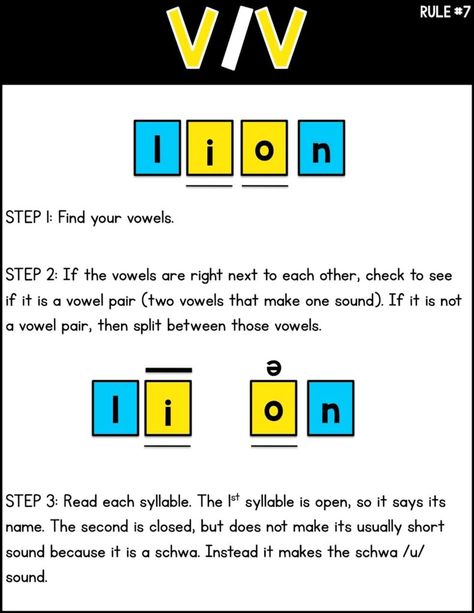
Keywords: interference; syllable initials; finals; the structural elements of the syllable. nine0008
For a long time, the theory of the syllable was studied mainly on the material of European and Slavic languages, but there are languages in which the syllable is a constant formation that does not change in speech, for example, Chinese and Vietnamese . They belong to tonal languages in which tone serves to distinguish between the lexical and grammatical meaning of a word. And the role of the syllable in them is special, so they are also called syllabic languages . A syllable in these languages is a means of expressing a single morpheme. nine0354 火 车 站 ) consists of three syllables:
1) HU ǒ ( 火 ) - fire;
2) ch ē 0353 ) - machine;
3) ZH à N ( 站
49006)
2. The word "Happy" ( 高興 ) ā OX
53 ì ng consists of two syllables:
1) G ā O ( ) ) )
2) x ì NG ( 興 ) - excited.
The syllables of the Russian language most often do not have a direct connection with the meaning of the word. Therefore, Chinese students who are used to words made up of syllables that have meaning in the first days of learning the Russian language have difficulty getting used to words made up of syllables that do not have a direct connection with the meaning of the word.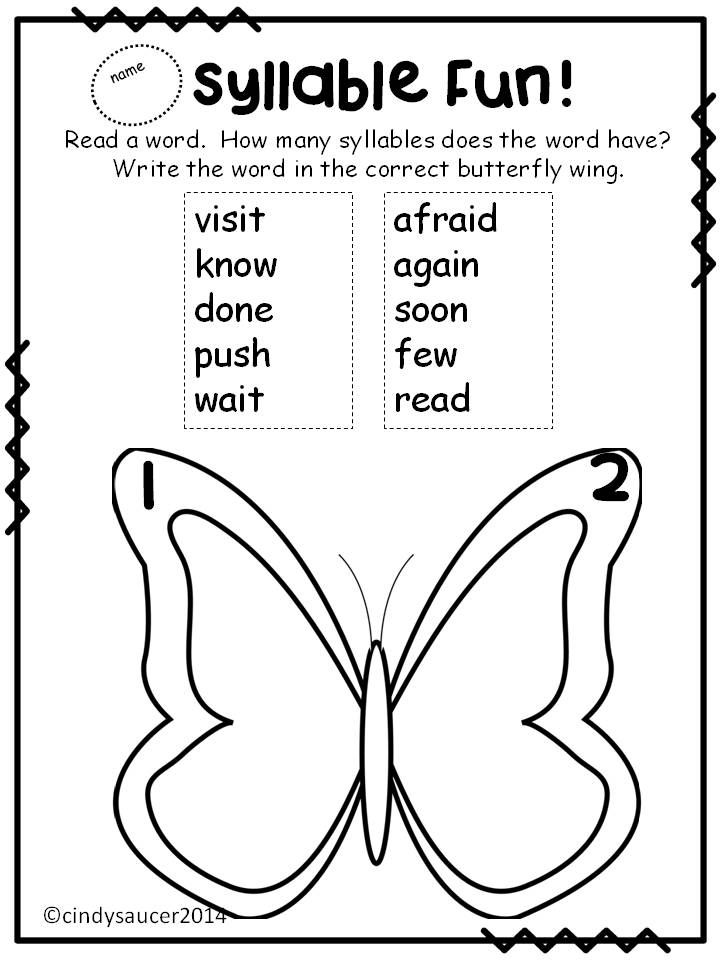
Two basic concepts are important for the sound structure of the Chinese language, these are the two main structural elements of the Chinese syllable: shēngmǔ - initial and yùnmǔ - final . The initial is the left part from which syllables begin (initial consonant). The final is the right part, with which syllables end, containing a vowel sound as an obligatory component. The initial may be expressed by only one consonant or may be absent in the syllable, while the final is obligatory . All initials and finals are organized into a limited number of syllables, which are presented in the "Table of combinations of initials and finals". Thus, in the Chinese syllable it is impossible to combine consonants, which is typical for Russian syllables ( Hello ) , but a combination of vowels is possible, for example: 东 ( Dong - East), 狗 ( GUU - Dog) Russian language.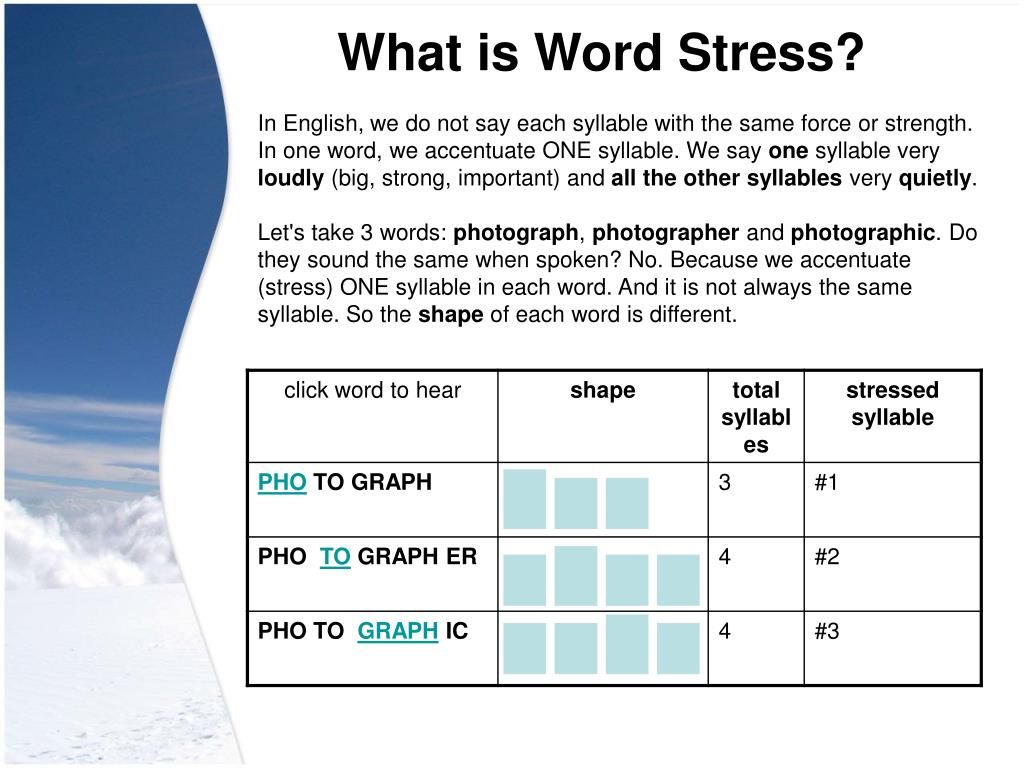
The rules for combining Chinese initials and finals made it possible to identify a number of combinations that are impossible for the Chinese syllable: be ,0353 , fe , do , lo , ni , no , FAI , FI , SO 901 90UP0354 and in Russian such combinations are possible (shore, coffee, house, spoon, book, leg, etc. ). Such a mismatch of possible combinations in the syllables of the Chinese and Russian languages leads to errors in the written speech of Chinese students. This is one of the important differences between the Russian language and Chinese. As a result, distinguishing consonant clusters in Russian is a great difficulty for Chinese students, so in such combinations they insert vowel sounds, for example:
student - student
school - chicola .
Such insertions are explained by the peculiarities of the syllable structure in the native language of Chinese students.
In Chinese, the structure of the syllable is rigid, in particular, there should be no noisy consonants at the end of a syllable. In Russian, there are both open and closed syllables, including those with noisy consonants at the end. By automatically transferring the skills learned in their native language to Russian, the Chinese in words with closed syllables can pronounce vowel insertions, striving for habitual open syllables:
speak [t’i] instead of speak [it’],
prepare [l] instead of prepare [l].